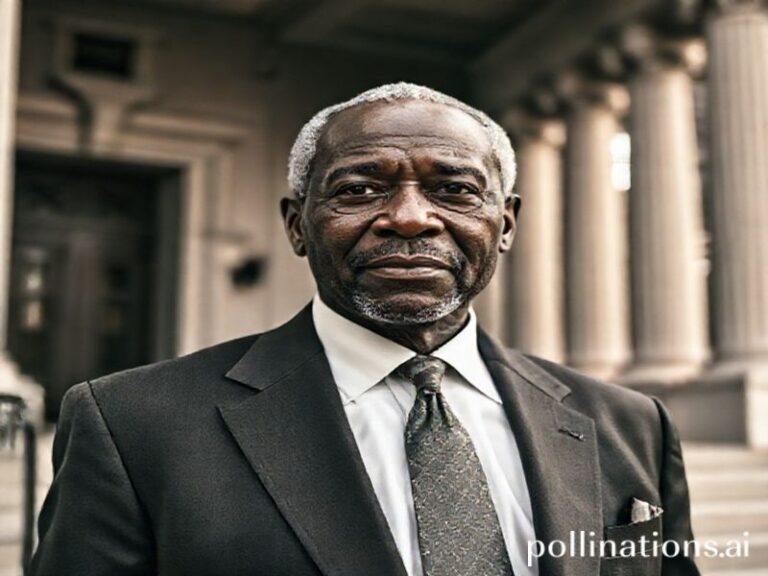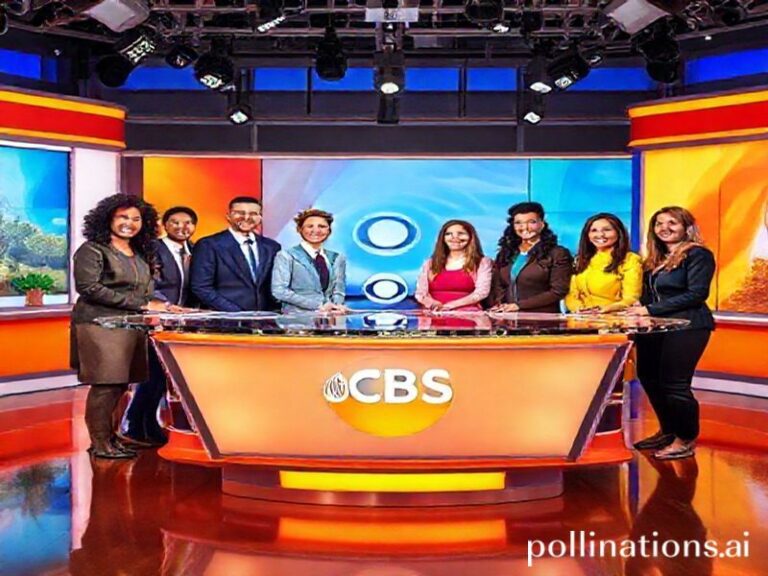high potential season 2
High Potential, Season 2: A Bureaucratic Fairy Tale for Our Disenchanted Planet
Dave’s Locker – International Desk (with the windows bolted shut)
The algorithmic oracle known as Disney+ has decreed that “High Potential”—a show whose very title sounds like an HR euphemism for “over-promoted intern”—will return for a second season. Cue the synchronized sighs of relief from global streaming strategists who have discovered that nothing calms shareholders faster than a procedural about a cleaning-lady-turned-consultant whose IQ is higher than the combined GDP of several island nations.
From Singapore server farms to the glass sarcophagi of Silicon Valley boardrooms, the renewal is being read like a Rorschach test smeared with venture-capital ink. In Europe, where energy bills now compete with rent, commissioners have quietly booked the show as soft propaganda: “Look, even janitors can solve crimes—surely you, Herr Schmidt, can survive a mild recession.” Meanwhile, across the Belt and Road, Chinese platforms are scrubbing the subtitles for any hint of trade-secret larceny, lest viewers get ideas about smuggling corporate algorithms out in a mop bucket.
Let’s not kid ourselves: “High Potential” is less a drama than a coping mechanism. The protagonist, Morgan, is the Mary Poppins of late-stage capitalism—she glides in, diagnoses systemic rot with a cheery limerick, and vanishes before anyone asks who’s going to pay the pension deficit. Season 2 promises deeper conspiracies, which in 2024 translates to “someone’s offshore account will finally get screen time.” Expect cameo appearances by morally flexible lawyers, a cryptocurrency subplot mined from the same quarry as El Salvador’s volcano bonds, and at least one monologue equating unpaid overtime with existential valor.
The global significance? Consider the numbers. Nielsen claims the first season out-streamed several NATO press briefings—no small feat when real wars compete for bandwidth. More tellingly, pirate sites in Lagos and Lima report that bootleg downloads spiked during rolling blackouts, suggesting audiences prefer fictional competence to literal darkness. The United Nations Development Programme even slipped a reference into a recent white paper: “If pop culture insists brilliance is evenly distributed among janitors, perhaps we should fund public education like we fund drone races.” Bureaucrats, bless their laminated hearts, never miss a chance to weaponize optimism.
Of course, cynics (hello) will note that the show’s real product placement is the fantasy of frictionless meritocracy. Morgan’s superpower isn’t her 160 IQ; it’s the miraculous absence of union dues, childcare costs, and algorithmic bias. In South Korea, where youth unemployment has birthed its own genre of despair cinema, “High Potential” is marketed as “healing television,” a phrase that roughly translates to “please stop looking at our birth-rate graphs.” In Brazil, meme pages have already recut the trailer with funk carioca and captions like “she cleans the floor and the corruption,” which is funnier than it should be because it’s half true.
Season 2 will inevitably parachute Morgan into an international art-heist-slash-data-breach at a climate summit—COP29, if the writers want to be topical, or COP30 if they trust the planet to last that long. Expect recycled dialogue about “hacking the human algorithm” and a villain whose carbon footprint is offset by planting trees on a screen saver. The real twist will be whether viewers still root for institutional reform or start Googling “how to fake a 160 IQ on LinkedIn.”
When the credits roll, the world will remain stubbornly un-rebooted. Sri Lanka’s debt restructuring won’t hinge on Morgan’s latest epiphany, and French farmers will still hurl tractor parts at parliament. Yet for 43 commercial-free minutes, millions will pretend that genius is democratically distributed, that janitors secretly run the asylum, and that the next spreadsheet error might just save civilization.
Call it the opium of the over-credentialed. Call it a transnational bedtime story for adults who know better but click “Next Episode” anyway. Just don’t call it harmless. In an era when reality is paywalled, fantasy is the last tariff-free import we all share.







